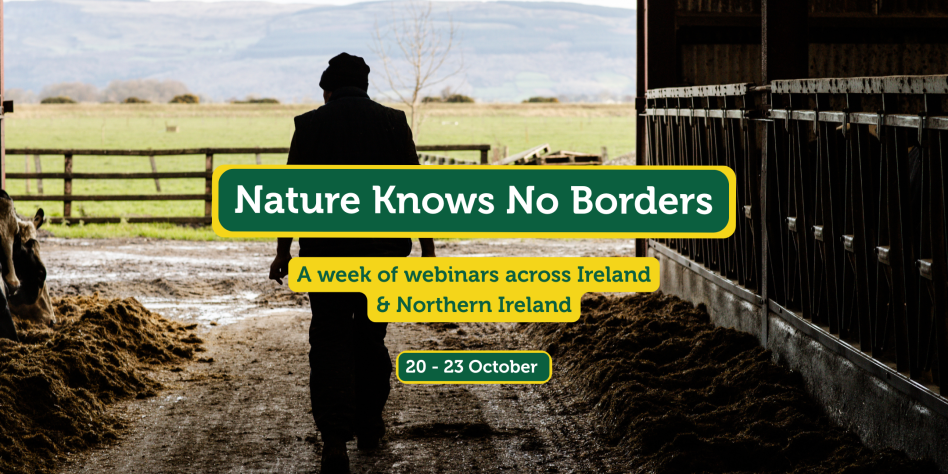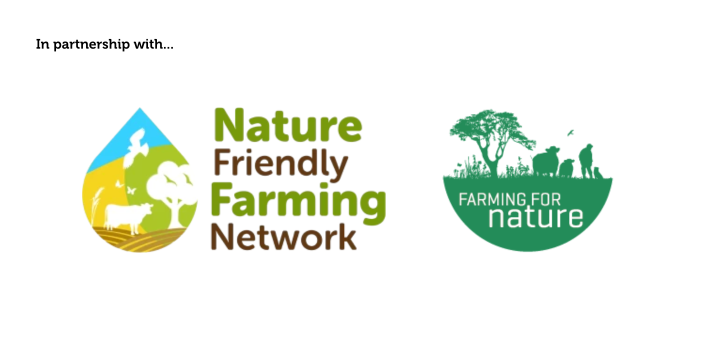Monday 20th October
The Pain and the Gain: Transitioning from High Input to Low Input Farming
Speakers: David Sandford (NFFN), Mark Gillanders (FFN) & Colin Chappell (NFFN)
Where do you begin when shifting your farm from high-input reliance to lower-input, nature-based practices?
This session explores the real-world challenges and rewards of reducing inputs while putting nature at the heart of your farm system. Hear from farmers who have made the transition - what motivated them, what they’ve learned, and how working with nature can cut costs, build resilience, and strengthen your farm for the future.
Tuesday 21st October
Quality Over Quantity – Doing Dairy Differently
Speakers: Ruth and Scott Walker (NFFN), Rachel Cratchley (NFFN, The Wee Dairy), and Mimi Crawford (FFN)
How can small-scale dairies thrive by focusing on quality rather than quantity?
This discussion explores the opportunities and challenges for farmers choosing micro-dairies and nature-friendly practices over large-scale, yield-driven systems. Learn how producing premium, nature-led products can create value, resilience, and stronger connections with your customers - along with practical steps to get started.
Wednesday 22nd October
Could the Cow Replace the Sheep in the Uplands?
Speakers: Michael Meharg (NFFN), Joe Condon (FFN), and Hilary Kehoe (NFFN)
Why does upland grazing matter - economically and environmentally?
This session explores how cattle can be successfully integrated into upland systems, drawing insights from farmers across the island. We’ll discuss breed types, stocking densities, grazing quality, and outcomes for nature, with stories and lessons from those farming in these challenging yet vital landscapes.
Thursday 23rd October
Going with the Flow: Innovative Solutions for Farm Water Management
Speakers: Sam Kenyon (NFFN, others TBC
This session will explore practical and nature-based solutions for managing water on farms - from flood prevention and soil health to wetland creation and river restoration. Learn how working with natural systems can help farms become more resilient to extreme weather and climate impacts while benefiting biodiversity and water quality.



